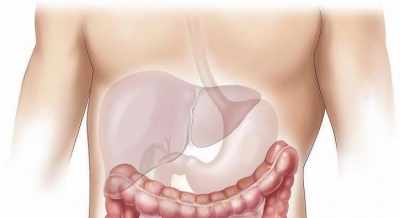Liver diseases in kids up due to junk food, sugar consumption

Medical experts have found that one in three children have non-alcoholic fatty liver disease (NAFLD), primarily caused by excess sugar consumption.
It has become a significant concern even among children aged 5-16 years. Previously, children were thought to be safe from this liver disease.
The number of children with NAFLD has risen alarmingly from 10-33 per cent in just a decade.
Paediatric hepatologist at Ram Manohar Lohia Institute of Medical Sciences (RMLIMS), Piyush Upadhyay said the consumption of processed meals high in sugar and unhealthy fats is a major contributing factor to NAFLD in children.
Warning against the dangers of sugary drinks and junk food, he explained that triglycerides, a type of fat, accumulate in liver cells when there is an imbalance between the amount of fat the body takes in or produces and the liver’s ability to process and eliminate it. The liver normally processes and removes fats from the body.
“This imbalance can be caused by several factors, including genetics, a sedentary lifestyle, obesity, insulin resistance and an unhealthy diet. Decades ago, fatty liver disease was primarily caused by alcohol addiction,” Upadhyay added.
“However, non-alcoholic fatty liver disease is becoming increasingly common. I see around 60-70 children with NAFLD every month, which is more than double the number I saw a decade ago,” he said.
Another gastroenterologist, Punit Mehrotra said, “Many studies have shown that NAFLD can be reversed in children as well as adults by making lifestyle changes, such as reducing sugar and junk food intake and exercising regularly for at least 30 minutes.”
He emphasised the potential of NAFLD to progress to liver cirrhosis, a serious condition requiring a liver transplant.
Director of the gastroenterology department at Medanta hospital, Ajay Verma explained, “When we look at all the costs involved in the consumption of junk food and sugar and the number of healthy years of life lost, cutting down on sugar seems to save money and keep people healthier for longer.”





